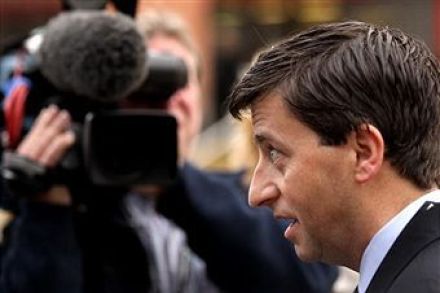Hello Again
The Judean Desert, above Jericho. So, Israel was interesting. Lots more on that in the coming days. Not the least pleasure of spending a week abroad was missing George Osborne’s Spending Review and, indeed, barely keeping up with the news at all. I won’t claim that tootling around Israel and the West Bank produced any great sense of optimism concerning what custom demands we call the Peace Process, but avoiding whatever was happening on this rain-sodden isle and, most especially, not troubling myself with the fact that Someone Was Busy Being Wrong on the Internet was as welcome as it was relaxing. Reality and bulging RSS-feeds can only be denied



















